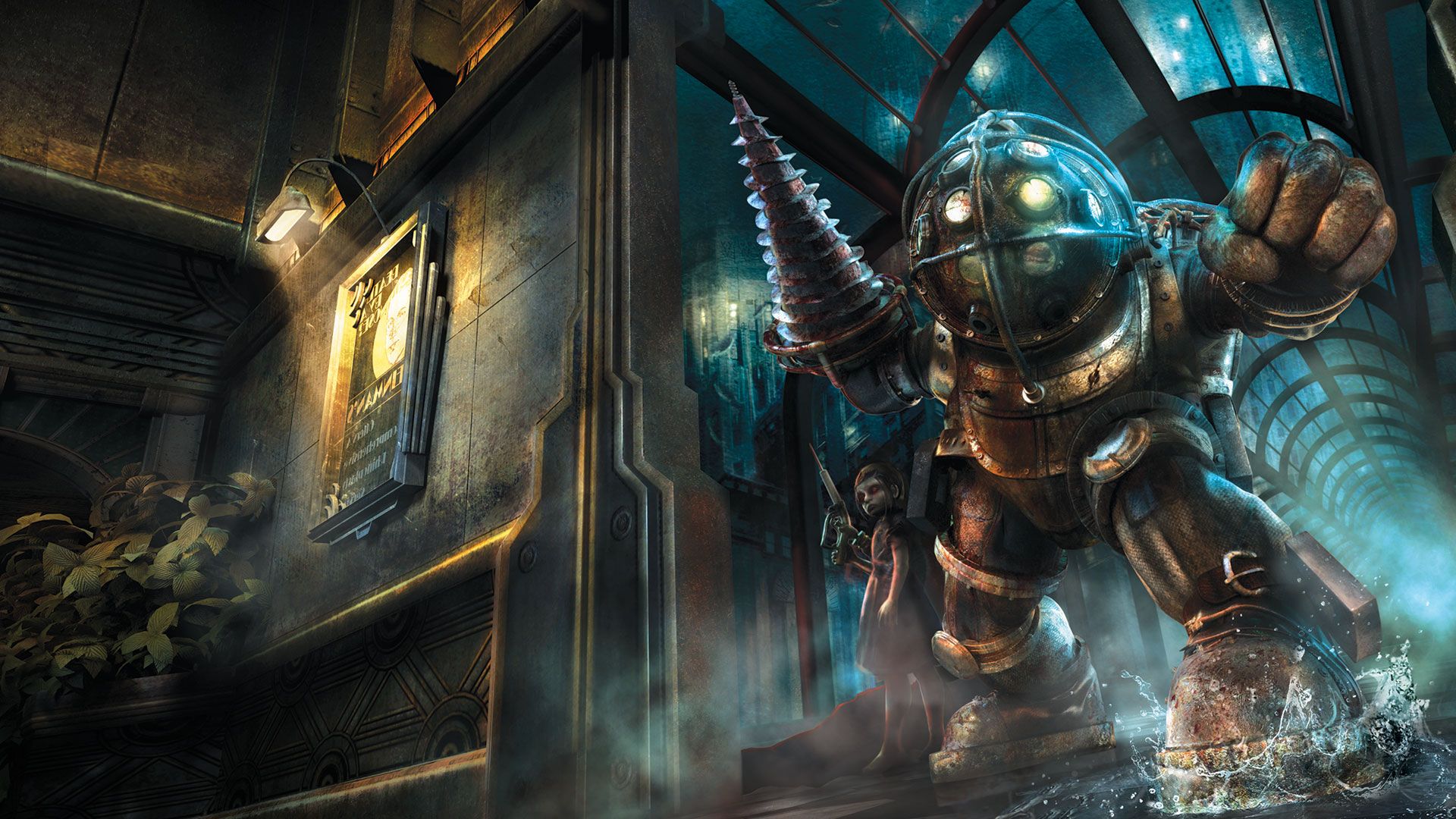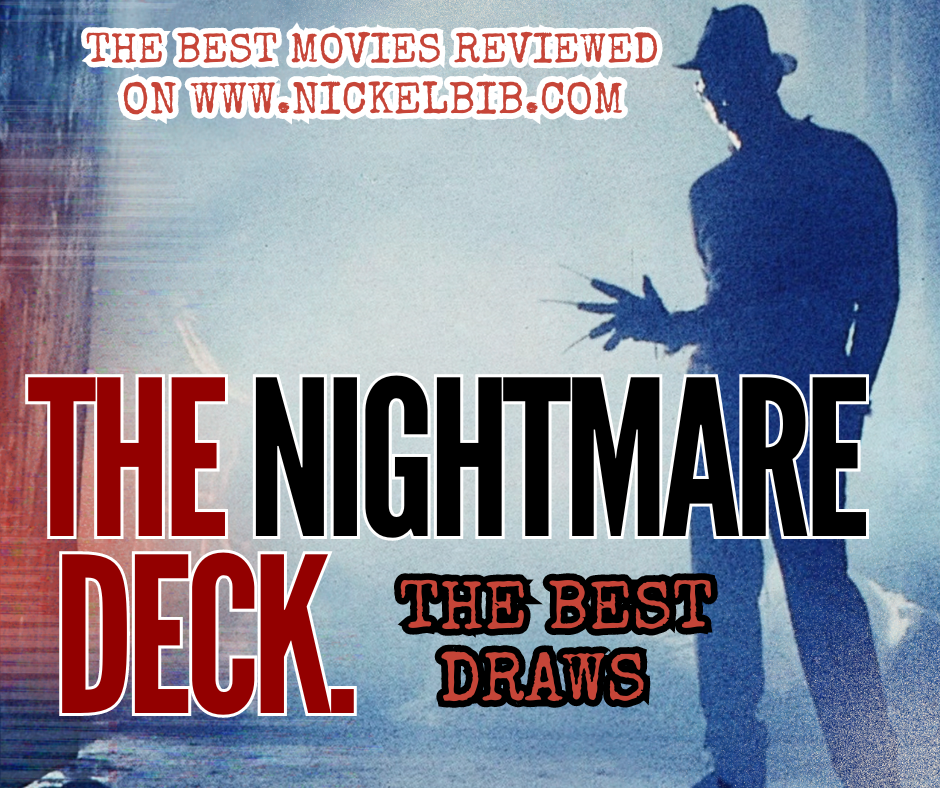Orphan is a film I hadn’t thought about since its release back in 2009. The initial reaction I had was neither here nor there, regarding it as a relatively unremarkable horror film. It wasn’t anything I could’ve seen myself bashing back when it was first released, but it wasn’t a film I would’ve recommend either. That in mind, I was thirteen years old when I first saw the film, and although I still had my unwavering affection for the genre even then, I believe my opinion has matured and refined itself since then.
Directed by Jaume Collet-Serra, a director whose handiwork can be seen in other horror fare like House of Wax and The Shallows, Orphan was written by David Leslie Johnson from a story by Alex Mace. David Leslie Johnson’s writing credentials include horror fare such as a personal favorite of mine, The Conjuring 2, and the 2011 horror film Red Riding Hood. Amongst the titles, House of Wax stuck out. Before I knew the directors were one in the same, my mind had already established a thin connective-tissue between them – they both have that weird cinematography that I only saw shortly after the turn of the millennium.
Calling it a ‘weird’ cinematography is a little too nondescript, but it’s difficult to explain. Something about horror in the 2000s felt hyper-produced in some way that I feel found its way in nearly every film released in that period. It isn’t a bad thing, mind you. Not always. You can see it in films like the A Nightmare on Elm Street and Friday the 13th remakes, or My Bloody Valentine, and other than the Elm Street remake, I don’t largely dislike any of them.
Orphan comprises itself of a cast including Vera Farmiga, Peter Sarsgaard, and Isabelle Fuhrman. Of whom, I would largely single-out Vera Farmiga, not only because she often is called upon to carry many aspects of this film, but because she is amongst my favorite horror actresses, with solid performances in series like Bates Motel and The Conjuring franchise.
The film centers around a couple who, after the death of their unborn child, adopt a mysterious nine-year-old girl. In On the Clock segments of the Nightmare Shift Podcast, I have opted to dissect summaries beyond that. However, since this is an On the Pulse segment, I have decided I will stay spoiler free on the major reveal of the film. With the newfound convenience of streaming services and the new Orphan: First Kill film, I’m certain many may choose to experience the original film and I feel a lot of its enjoyment hinges on the eventual twist. If you haven’t already read up on it, I’d try to go in as blind as you can.
Orphan had a substantial budget, in-retrospect. The film cost a reported 20 million, which is an awful lot when you think about it. Jordan Peele’s film Us had the same production budget and was released more than a decade afterward – likewise, too, this was a starring role for Vera Farmiga prior to Conjuring or Bates Motel success. As a film though, it is shot well and that’s all that matters, small, tidbit attention to details – including one shot which has you squint your eyes to see what’s ominously happening from the reflection of a doorknob.
The film opens with a grotesque scene involving Vera Farmiga’s character having a still-birth, and it’s really maddening and surrealistic, showing the trauma it has left on the character. She is now a recovering alcoholic, whose “Moment of Clarity” came at the expense of her young daughter nearly breaking through the icy lake near their home and drowning while she was intoxicated. All of this may sound frivolous, but it actually isn’t.
A lot of Orphan can feel very goofy and everything about it is compounded by its goofy premise, and I believe the filmmakers understood that, but, at the same time, it has an exquisite attention-to-detail. The icy lake, the alcoholism, and her child’s near-death event all play an important part in the film, as do many other small character traits throughout. It’s very clever and yet campy at the same time, and I found myself fairly endeared by that.
Something it does do that I absolutely did not care for, however, were fake-out jump scares. Scenes early on that were neither horrorific nor suspenseful, yet the director felt the need to have a sudden jolt or sound-effect rock your eardrums – maddening, and another thing that was all too common in 2000s horror.
The characters are as enjoyable as they’re meant to be, and, also, in turn, as unlikeable as they’re wanted to be. Obviously, as you can tell, something is afoot with the adopted orphan Ethel, and it finds a way to pit the mother and father against one another, manipulating them and weaponizing their own prior traumas and transgressions to its gain. Thus, a lot of time’s spent with each one of them piecing things together at their own pace, and that pace is not at all synchronized.
The acting is satiable at worst, and, at times, borders on being outright good, with Vera Farmiga being both likable and a strong sympathetic lead, whereas Isabelle Fuhrman delivers a solid performance that she deserves a lot of credit for.
One criticism levied about this film had to do with the supposes cliches and prejudices it had about adoption. The belief that it further fueled bigotries about adoption – roughly speaking, it encouraged the worry you might adopt a normal and sweet girl, only to find she is violent and cruel. I understand the criticism, but I also find it flimsy and superfluous. Director Eli Roth had a defense about something similar – his film Hostel, and how critics claimed it encourages xenophobia. His defense was, basically, “There’s Leatherface, but people still go to Texas.” I think that applies aptly here. Horror in-general is about the fear of the unknown. The fear of the mysterious country you’ve never been to, your fear of country roads in the South, and the fear you carry about a child you adopt of mysterious origins. You may not like what it says about the sum of all parts, but the film isn’t making a statement about the whole, but, rather, one isolated example of something. I’d recommend the documentary film The Imposter after you’ve finished this film, honest and truly, it’s captivating from beginning to end.
As a film, my opinion about Orphan hasn’t changed dramatically. I still don’t think of it as a great film by any means. It, however, is decent and enjoyable, largely from start to finish. It is a campy, goofy premise that requires a suspension of disbelief, but it is also wittily written and entertaining. I do believe about 20 to 30 minutes could have been trimmed from its overall runtime, which runs at a whopping 2 hours and 3 minutes, when I feel the concept is more suited for a taut 90-minute length, however, that aside, I consider it a real solid feather in the cap for everyone involved.






GIPHY App Key not set. Please check settings